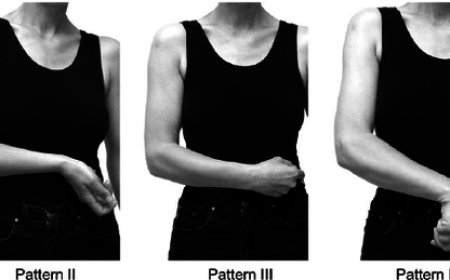Thumb sucking

Introduction:
In the enchanting country of India, there is a magical habit known as Thumb Sucking. It is a common practice among young children, where they find comfort and solace by gently placing their thumbs in their mouths. Today, we will embark on a journey to understand this magical habit, its causes, types, and how we can ensure healthy dental development in the diverse kingdom of India.
What Is Thumb Sucking? :
Thumb Sucking is a magical habit where young children, often between the ages of 1 to 4 years, place their thumbs in their mouths and suck on them for comfort and relaxation. It is like a soothing magical melody that makes them feel safe and happy.
Signs and Symptoms:
When children engage in Thumb Sucking, the following magical signs and symptoms may appear:
- Thumb in Mouth Spell: The child frequently puts their thumb in their mouth, especially during times of stress or when feeling tired.
- Smile Transformation: Prolonged Thumb Sucking can cause changes in the alignment of the teeth and the shape of the jaw.
How Is Thumb Sucking Classified? :
Thumb Sucking can be classified based on the intensity and duration of the habit:
- Passive Thumb Sucking: This is a gentle and calming habit where the child places their thumb in their mouth without much force.
- Aggressive Thumb Sucking: In this type, the child sucks their thumb with more force, which may lead to dental issues.
Causes and Triggers:
Thumb Sucking is a natural magical response that provides comfort and security to young children. Some common triggers for Thumb Sucking are:
- Magical Comfort: Children may resort to Thumb Sucking when they feel anxious, scared, or tired, as it brings them a sense of comfort and relief.
- Magical Imitation: Children often observe Thumb Sucking in their peers or siblings and may imitate the habit.
Risk Factors with Examples:
While Thumb Sucking is common among young children, excessive and prolonged Thumb Sucking can lead to dental issues. For example:
- Dental Enchantment: Prolonged Thumb Sucking can cause misalignment of teeth, leading to the need for magical braces or other dental treatments.
- Magical Speech Difficulties: If Thumb Sucking continues beyond a certain age, it may affect the development of speech, making it difficult to pronounce certain words.
Types of Thumb Sucking with Detailing for Each Type:
- Daytime Thumb Sucking: This type occurs when children suck their thumbs during the day for comfort and relaxation.
- Nighttime Thumb Sucking: In this type, children suck their thumbs as they fall asleep, providing them with a magical lullaby.
Diagnostic Tests and Treatments:
There are no specific magical diagnostic tests for Thumb Sucking. However, parents and magical doctors may monitor the habit's duration and intensity. To help children stop Thumb Sucking, the following treatments can be used:
- Magical Rewards: Parents can reward children for not sucking their thumbs, encouraging them to break the habit.
- Magical Distractions: Providing children with magical toys or activities can divert their attention from Thumb Sucking.
Complications of Thumb Sucking Prevention Techniques:
To prevent complications from prolonged Thumb Sucking, parents can use these magical techniques:
- Encouraging Magical Self-control: Encourage children to stop Thumb Sucking on their own by explaining the potential dental issues and supporting their efforts to quit.
- Magical Positive Reinforcement: Praise and reward children when they refrain from Thumb Sucking, boosting their confidence and motivation.
In the diverse and enchanting land of India, Thumb Sucking is a magical habit that brings comfort and solace to young children. While it is a natural response, parents can encourage their children to limit Thumb Sucking to avoid dental complications. With magical self-control and positive reinforcement, children can embark on a healthy dental journey, ensuring their smiles remain as bright as the magical stars in the Indian night sky.
What's Your Reaction?
 Like
0
Like
0
 Dislike
0
Dislike
0
 Love
0
Love
0
 Funny
0
Funny
0
 Angry
0
Angry
0
 Sad
0
Sad
0
 Wow
0
Wow
0









































































